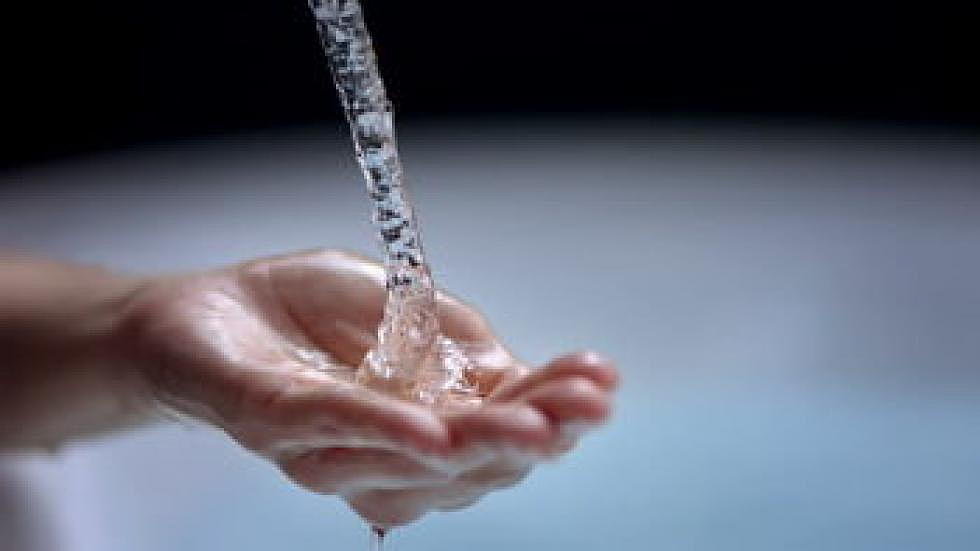
Despite drought, Montanans show little concern over water, survey suggests
More than half of Montana's counties and all but one Indian reservation were placed under a drought emergency this month, though the extreme conditions have done little to change the state's water habits, according to a new survey.
Last week, Gov. Steve Bullock declared a drought emergency in 31 counties and six reservations, up from the 28 counties and five reservations listed under the governor's initial order back in early July.
“High temperatures, extreme drought and worsening fire conditions are affecting Montanans in many corners of our state,” Bullock said. “We’re doing everything we can to minimize the economic impact of these hot and dry conditions and help folks get back on their feet using all resources available.”
Despite the parched conditions and projections of hotter, longer summers, Montana residents have made few changes to their water habits, a new survey suggests.
Conducted by FluksAqua, a national water forum, the survey found that as many as 32 percent of respondents reported spending more than 10 minutes in the shower, using 20 or more gallons of water per shower.
In a fiscally conservative state, the survey also found that more than 91 percent of respondents said they'd rather spend their tax dollars on expenses other than water. Only 14 percent felt water was undervalued.
“A majority of Montana is in an exceptional drought right now,” said Hubert Colas, president FluksAqua. “Montana’s water is a precious resource and we need to prioritize the water system year-round, not just in drought season, for it to remain in good health.”
When asked about preparing for a natural disaster, nearly 52 percent of Montanans said water topped their list, well ahead of food at 11.5 percent and communication at 9 percent.
But even so, and despite the drought, few residents had made efforts to conserve water. Colas believes an abundance of drinkable tap water may be creating apathy for water-related environmental concerns.
“Only 9 percent of Montanans would choose to invest in water systems with their tax dollars, and only after education at 33.7 percent,” Colas said. “In fact, the only tax-dollar spend they would choose to avoid more is welfare at 3.2 percent.”
Back in June, a delegation of Israeli water experts toured Montana to observe the state's water practices, from irrigation to municipal consumption.
Along the way, they found that nearly 40 percent of the residences in Butte were unmetered. The state’s irrigation practices were also antiquated in a water-scare world, they said.
Israel has emerged as a world leader in water conservation technology.
“People are used to paying for food, but they’re not used to paying for water in many cases,” said Israeli Consul General Andy David. “They look at it as a resource that has no limits, but it does have limits.”
